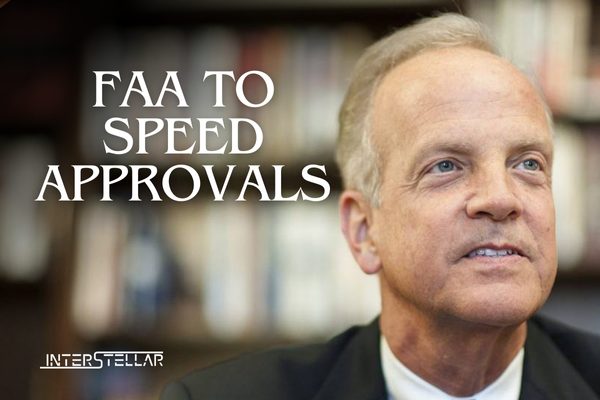Senator Jerry Moran Pushes for Faster FAA Rocket Launch Approvals
U.S. Senator Jerry Moran has called on the Federal Aviation Administration (FAA) to speed up its approval process for private rocket launches. In a letter to FAA Administrator Mike Whitaker, Moran highlighted delays that he says hinder critical national goals. As the leading Republican on the Senate Commerce aviation subcommittee, Moran’s request reflects growing frustration within the fast-evolving U.S. space sector.
Industry Frustration with FAA Delays
In his October 25 letter, Moran emphasised that the FAA’s Office of Commercial Space Transportation must improve its “transparency, accountability, and pace of execution” in approving launch licenses. This request joins increasing pressure from industry leaders, especially SpaceX, who have faced delays in obtaining necessary licenses.
SpaceX, spearheaded by Elon Musk, has been especially vocal, criticising what Musk calls “counterproductive” regulations. Musk, a supporter of Donald Trump’s 2024 presidential campaign, hopes for reforms to eliminate what he describes as unnecessary government oversight. SpaceX’s rapid schedule of Starship test flights and Falcon 9 missions has tested the FAA’s capacity to regulate private launches effectively.
National Security and NASA Missions at Stake
The FAA plays a crucial role in ensuring public safety during rocket launches, but the agency has faced challenges in scaling its operations to match industry growth. Though it recently approved SpaceX’s Starship test license ahead of schedule, the agency has struggled to keep up with demand. National security projects and NASA’s moon program rely heavily on timely FAA approval. The delay in processing launch licenses risks slowing down these key missions, which often depend on SpaceX’s launch capabilities.
NASA’s Artemis program, aimed at returning humans to the moon, plans to use SpaceX’s Starship rocket in late 2026 to land astronauts. Additionally, the U.S. Space Force relies on SpaceX to launch a significant portion of its national security missions. With such high-profile programs dependent on efficient launch approvals, industry leaders have raised concerns about how FAA delays could impact U.S. space dominance.
Growing Demand for FAA Resources
The rapid expansion of the U.S. space industry is also increasing the FAA’s workload. Blue Origin, owned by Jeff Bezos, is aiming to launch its new New Glenn rocket by the end of the year, and United Launch Alliance (a joint venture between Boeing and Lockheed Martin) is ramping up its Vulcan rocket launches. A number of U.S. startups are also entering the market with smaller rockets, all of which require FAA approval.
In addition, the FAA’s space office may soon be responsible for regulating spacecraft and private astronaut safety, an area currently lacking formal U.S. regulations. Industry groups have asked for an extension of a congressionally imposed ban on such regulations, stressing the need for time to develop effective safety standards.
Proposed Solutions for a More Efficient FAA Space Office
In his letter, Moran raised the idea of making the FAA’s space office an independent entity within the Department of Transportation, which oversees the FAA. This change, backed by some industry advocates, could allow the space office to focus more directly on the demands of the private space sector, helping to avoid delays in launch approvals and improve operational efficiency.
As private space companies rapidly grow, a more streamlined FAA process is critical to ensuring the U.S. space sector remains competitive on the global stage.





